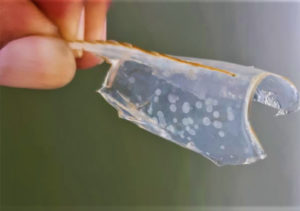
Estimating heritability of WSSV resistance in Pacific white shrimp
A study in Vietnam showed that there was significant variation in WSSV resistance among Pacific white shrimp families evaluated.
Study characterizes the microbial community and dynamics of a continuous-flow competitive exclusion culture derived from gut microbiomes in Nile tilapia.

A study in Vietnam showed that there was significant variation in WSSV resistance among Pacific white shrimp families evaluated.
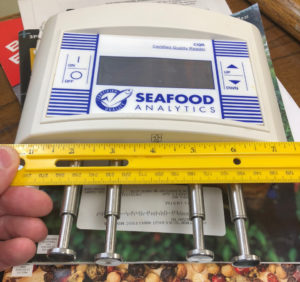
U.S. company’s certified quality reader utilizes electrodes to create signals that provide valuable information about fish health in just seconds.
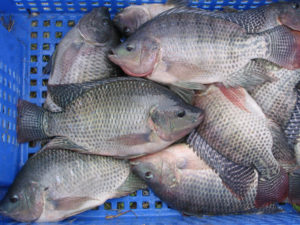
Study examines impact of an increase in dietary NaCl on nutritional and other physiological processes, and effects on gut microbiome in Nile tilapia.
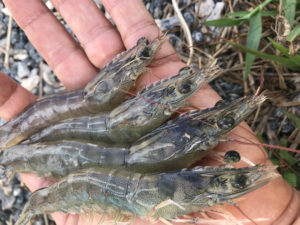
Results of this study showed that L. vannamei juveniles can be cultured at high densities with adequate survival, growth and feeding efficiency, and with minimal water exchange or full water reuse through recirculation.
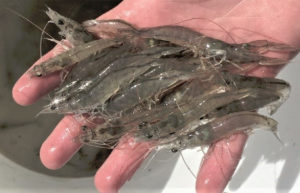
This study estimated the heritability of ammonia tolerance in Pacific white juveniles. Results suggest that rapid genetic gains could be obtained.
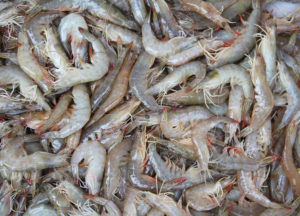
Antibiotic residues in farmed shrimp, and antimicrobial resistance in general, pose a threat, but we must balance what is realistic and what is ideal.
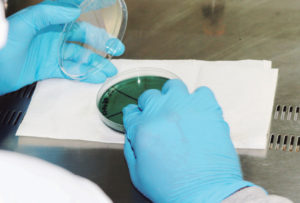
Study evaluates probiotic capacity of Pseudovibrio denitrificans from marine sponges and its potential to control emerging Vibrios on shrimp farms.
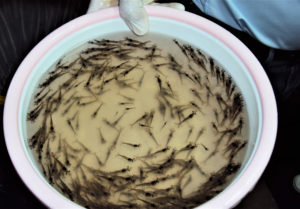
In this study, co-infection of white spot syndrome virus and AHPND-Vibrio parahaemolyticus was studied in juvenile vannamei shrimp under laboratory conditions.
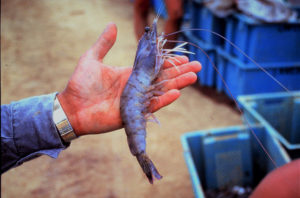
Study provides information about the bacterial community associated with biofloc and its influence on Pacific blue shrimp intestinal microbiota.
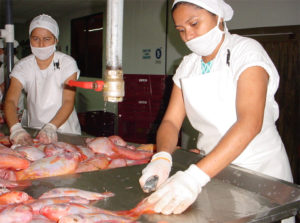
Study evaluates growth of Pacific white shrimp in various conditions and fed diets with different inclusion levels of tilapia processing waste silage.
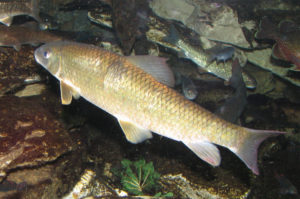
Study investigates effect methyl anthranilate added to the feed of golden shiners – an important bait fish in the United States – on bird predation.
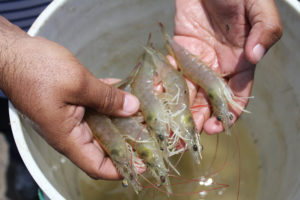
Global overview of the intestinal bacteriome of Pacific white shrimp in biofloc and clear water systems, and after an oral challenge by white spot syndrome virus (WSSV).
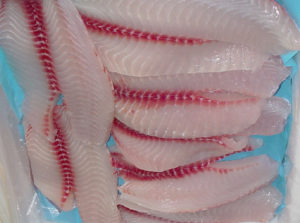
An evaluation of oxidative pre-slaughter stress on instrumental and sensory quality of Nile tilapia fillets finds that longer depuration times recommended.
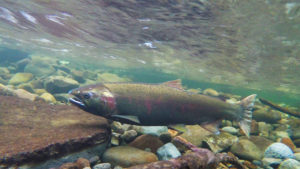
Genome editing can contribute to sustainable aquaculture production in terms of disease resistance and sterility to prevent interbreeding with wild stocks.

Due to high fecundity and external fertilization, most aquaculture species are amenable to genetic improvement technologies, including genome editing.